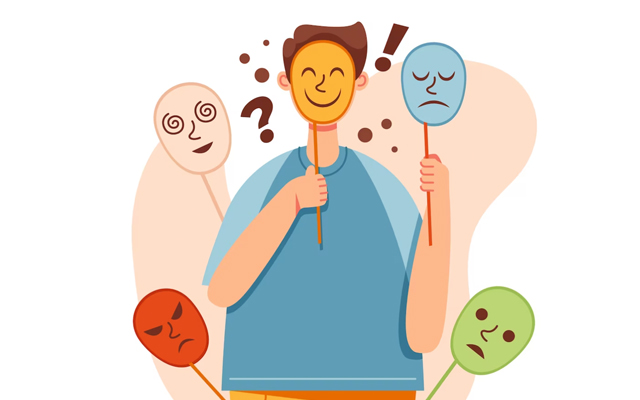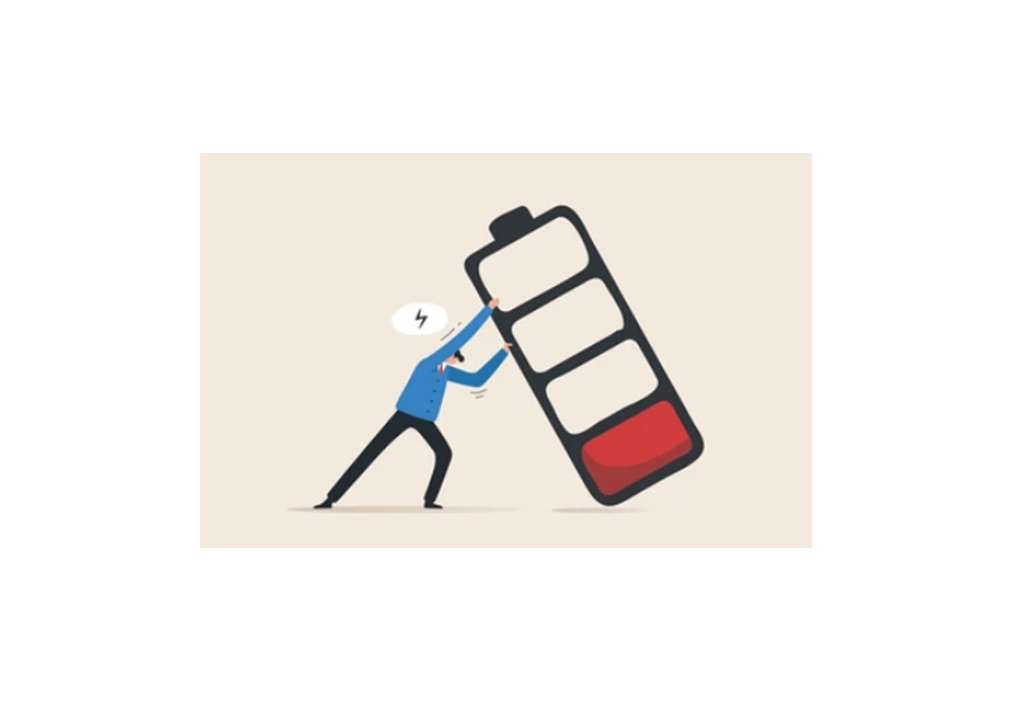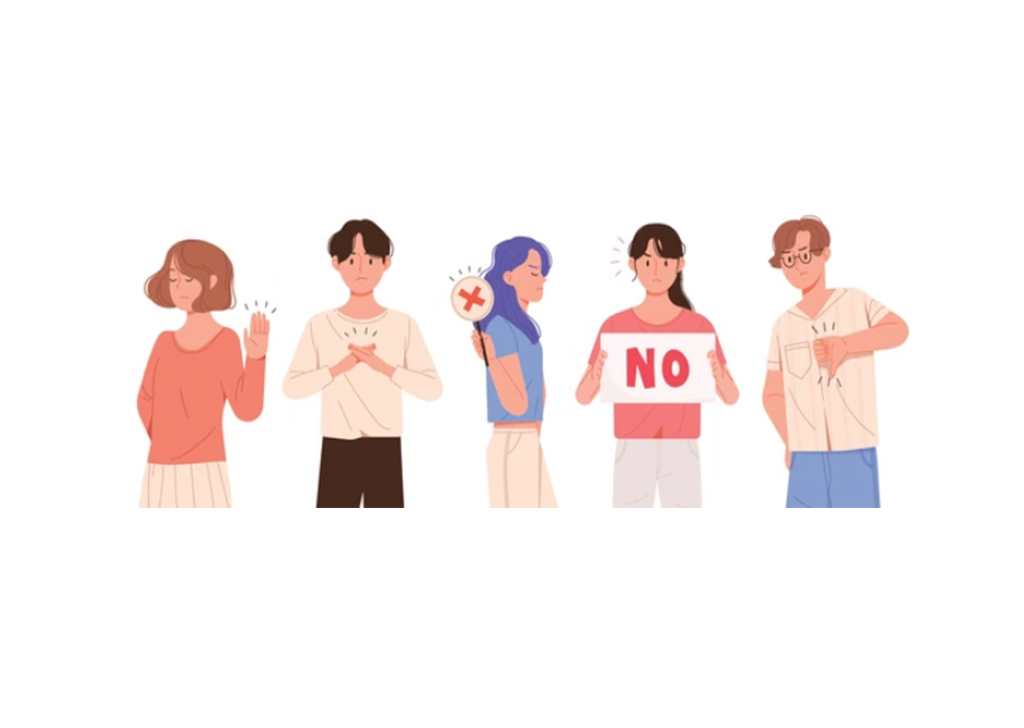Schizophrenia
It is a psychiatric disorder that distorts an individual's behavior, actions, understanding of reality and thoughts, and as a result, severely affects their social life.
Patients who lose touch with reality tend to exhibit unexpected behavior, see people who are not there and show different characteristics than before. As it is a life-long illness, continuous treatment is required. With the right treatment, the disease can be controlled. If the treatment period is ignored and neglected, the disease can relapse, so care and attention should be taken.
The severity of symptoms may vary from person to person and according to the severity of the disease. This disease, which develops slowly, can be controlled before serious consequences arise as a result of early diagnosis. The patient may experience conflicting thoughts, fears, paranoia and hallucinations. The disease has periods of exacerbation and remission, and during periods of exacerbation, problems in daily life can occur due to the inability to recognize what is happening in imagination and reality, and this condition is called psychosis.
Symptoms of this illness can also be seen as follows:
- Belief in unreal events (dreams and delusions)
- Seeing and hearing things that are not real (hallucinations)
- Disorganized speech and thought. Difficult to express themselves and give irrelevant answers to questions
- Behaviors such as childish gestures, exaggerated movements, failure to follow instructions, agitation
The causes of schizophrenia are; disorders in the chemical structure of the brain, genetic and environmental factors play a role in the development of the disease. Individuals with a family history of schizophrenia are more likely to have this disease.
Antipsychotic drugs are the mainstay of treatment for schizophrenia. These drugs have been shown to alleviate and eliminate symptoms by acting on a neurotransmitter in the brain called dopamine. The aim of medication is to restore the affected person's daily life. One of the important points is that since the treatment of schizophrenia is a lifelong process, starting with the lowest doses and increasing the dosage over time will be much more effective on this long-term path. In addition to medication, additional support resources such as the individual's own therapy process, family therapies, social skills trainings contribute to the patient's return to normal life.
Hashtags
schizophrenia delusions hallucinations
Categories
Actual Psychotic Diagnoses (Bipolar-Schizophrenia)







